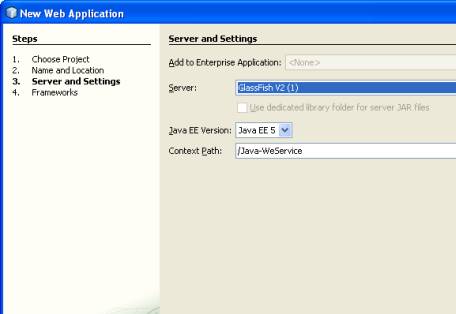


So I only want to encode this single URL always with the sessionID to minimize any security issues. One main regular (browser-only-tied) IdP session is created solely for the purpose of authenticating the user. java cfcc.CFAdmin a:DeleteSessionId SessionID:583def6abdeef7b30. However, the problem is, in HTTP protocol, the state of the communication is not maintained, i.e., HTTP is a stateless protocol. This command deletes the TIBCO MFT Command Center sessions with the defined session ID. If you are configuring sessions to run in a WebSphere Portal environment. Creates a possibly insecure client instance and calls joinSession(String) using the current session id. Those two systems can have a peer-to-peer or client-server relationship with each other. Session is started and connected (if Auto-Connect is Yes) when the client is loaded. I need to pass a Callback URL to a third party system that I want to always contain the SessionURL. Session Tracking in Java In the world of the web, a session is the amount of time in which any two systems interact with each other. The intention is to keep the SessionManagement Functionality provided by the Servlet-Container and not turn it off completely. HttpSession ses req.getSession (true) will create a session object, according to the request. the client and the server) communicate with each other can be termed as a session. String PUBLICCLIENTID String AUTHORITY String CLIENTSECRET IClientCredential credential ClientCredentialFactory.createFromSecret (CLIENTSECRET) ConfidentialClientApplication. You will need either a secret or a certificate, as described in Client Credentials. So far I understand Httpsession concepts in Java. The time interval in which two systems (i.e. Instantiating a Confidential Client application. What would be an alternative to always encode a URL with a session ID in a servlet? As the first question implies I wanted to build the sessionid on my own but I therefore need the sessionID-Parameter Name that however seems not be be standardized, so I somehow need to get the Parameter-Name from somewhere.) How do servlets work Instantiation, sessions, shared variables and multithreading (8 answers) Closed 5 years ago. But it seems that the "response.encodeURL()" Method only does this if Cookies are disabled (=>therefor using URL-Rewriting with the sessionID in the URL). => The underlaying problem is, I need to encode a URL in a servlet ALWYAS with the session ID. Agents that perform session management use the sessioning services of the Java Agent API to create, delegate, validate, and terminate user sessions. The JSON returned by the REST Web Service is deserialized to the Employee object before returning.It seems that the Parameter-Name in the GET request, that represents the SessionID (like jsessionid=XXXXXXXXXXXXXXXXXXXXXXXXXX in Tomcat) is not standardized in the servlet-spec? How can I get the (Servelt Container Specific) name of the SessionID? (At least in Websphere there seems to be the possibilty to change the name of the SessionID-Parameter-Name) The getJsonEmployee() method retrieves an Employee object based on the employee id. Session hijacking, sometimes also known as cookie hijacking is the exploitation of a valid computer session sometimes also called a session key to gain unauthorized access to information or services in a computer system.

Here you can define a default session id value thatll be used for each request as well as defining the. In other words, it persists for an entire session with a. Configure session management for REST Assured. Let's begin writing a simple REST client. An HttpSession object can hold conversational state across multiple requests from the same client.


 0 kommentar(er)
0 kommentar(er)
